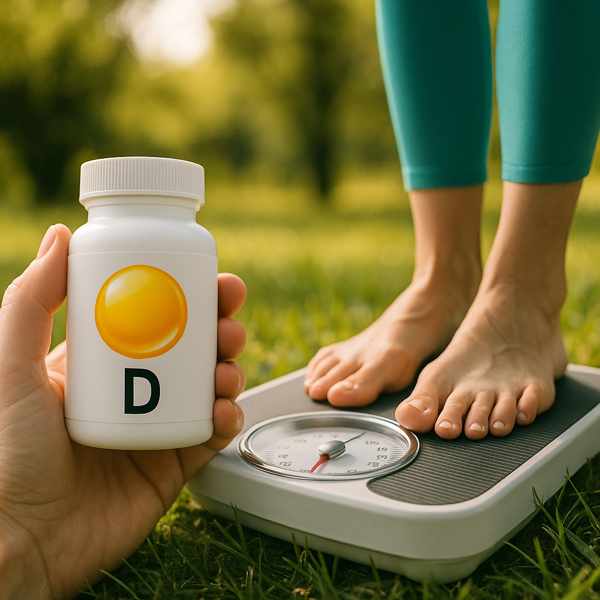Can Vitamin D Support Fat Loss?
Can Vitamin D Support Fat Loss?
Blog Article

Vitamin D has gained a lot of attention not only for its role in bone health and immunity but also for its potential connection to weight management.
Let’s explore the science, potential benefits, and how vitamin D may — or may not — affect your weight loss journey.
Understanding the Sunshine Vitamin
It also comes from certain foods and supplements.
It helps with:
- Important for strong bones and teeth
- Immune system regulation
- Mood balance and brain health
- Contributes to physical performance
Does Vitamin D Affect Body Fat?
But the big question remains: does supplementing with vitamin D promote weight loss?
Some research suggests:
- It could help regulate how the body stores fat
- It might reduce inflammation
- Helps people stay consistent with workouts
- Can help manage blood sugar and appetite
Studies That Support the Link
- A study in 2014 found that overweight women who took vitamin D lost more fat than those who didn’t supplement.
- Another review showed vitamin D helped improve metabolic markers related to weight control.
- Some trials show no major impact on weight loss unless deficiency was corrected first.
While more info promising, the evidence is not yet strong enough to say vitamin D alone causes weight loss.
Who Might Benefit Most?
People most likely to benefit from vitamin D supplementation include:
- Get your blood levels tested first
- Individuals with obesity or metabolic syndrome
- People with mood or energy issues
- Indoor lifestyles can contribute to deficiency
Boosting Vitamin D Levels the Right Way
Ways to get more vitamin D:
- Sun exposure
- Foods like salmon, egg yolks, fortified milk
- Most effective form for raising blood levels
Tips:
- Too much vitamin D can be harmful
- Especially if you take other medications
- Combine with calcium and magnesium
Set Realistic Expectations
Vitamin D isn’t a magic solution for shedding pounds.
For best results:
- Eat a balanced diet
- Exercise improves fat metabolism and energy levels
- Sleep affects hormones that regulate appetite
- Reduce stress
Final Thoughts
If you’re deficient, correcting your levels could lead to better energy, mood, and metabolic function.
Combine smart nutrition, movement, and lifestyle habits to reach your goals — with vitamin D as a helpful ally. Report this page